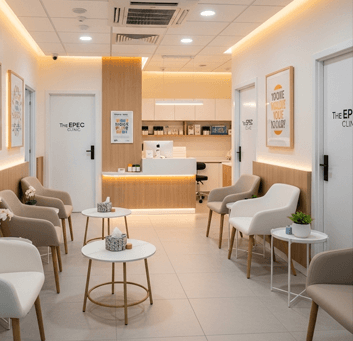Don’t Try to Do This Alone
- Author
- Jun 6, 2025
- 2 min read
Updated: Jul 1, 2025

Addiction thrives in isolation.
🧠 1. Get Assessed by a Medical or Addiction Professional
Why this matters: Detoxing from some drugs (especially opioids, benzos, or alcohol) can be dangerous without medical supervision.
What you can ask for:
A medical detox plan (possibly with medications to ease withdrawal)
Medication-assisted treatment if appropriate (e.g., Suboxone or Methadone for opioid addiction)
Help with co-occurring mental health conditions (like anxiety, depression, PTSD)
If you don’t have insurance or money, SAMHSA or your local health department can connect you with low- or no-cost programs.
🤝 2. Find Ongoing Support – This Is Key
You’ll need a structure to help you stay clean when motivation gets low.
Options:
Outpatient rehab (IOP) – several sessions/week, you still live at home
Inpatient rehab – live-in recovery center for 30–90 days
Therapy – especially addiction counselors, trauma specialists, or CBT therapists
Support groups:
NA (Narcotics Anonymous) – real people, no judgment
SMART Recovery – practical tools, science-based
Celebrate Recovery – if faith is part of your life
🌱 3. Start with Small, Daily Wins
Recovery is a process — not perfection. Focus on progress.
Simple daily goals:
Wake up and shower
Eat something healthy
Go for a short walk
Avoid people or places tied to your drug use
Call or text someone supportive
Journal one sentence: “What do I need today?”
⚠️ 4. If You Slip, Don’t Quit
Relapse happens — it’s not failure. It’s part of the journey for many. What matters is what you do next. Tell someone. Get back up.
💛 Most of All — You Deserve Help and Healing
You are not weak. Addiction is not a choice — but recovery is.
If you want, I can help you right now with:
Finding a treatment center near you
Creating a safe daily routine
Writing a text to tell someone you need help
Talking through cravings or feelings
Just tell me where you are and what you’re facing. You’re not alone anymore.




Comments